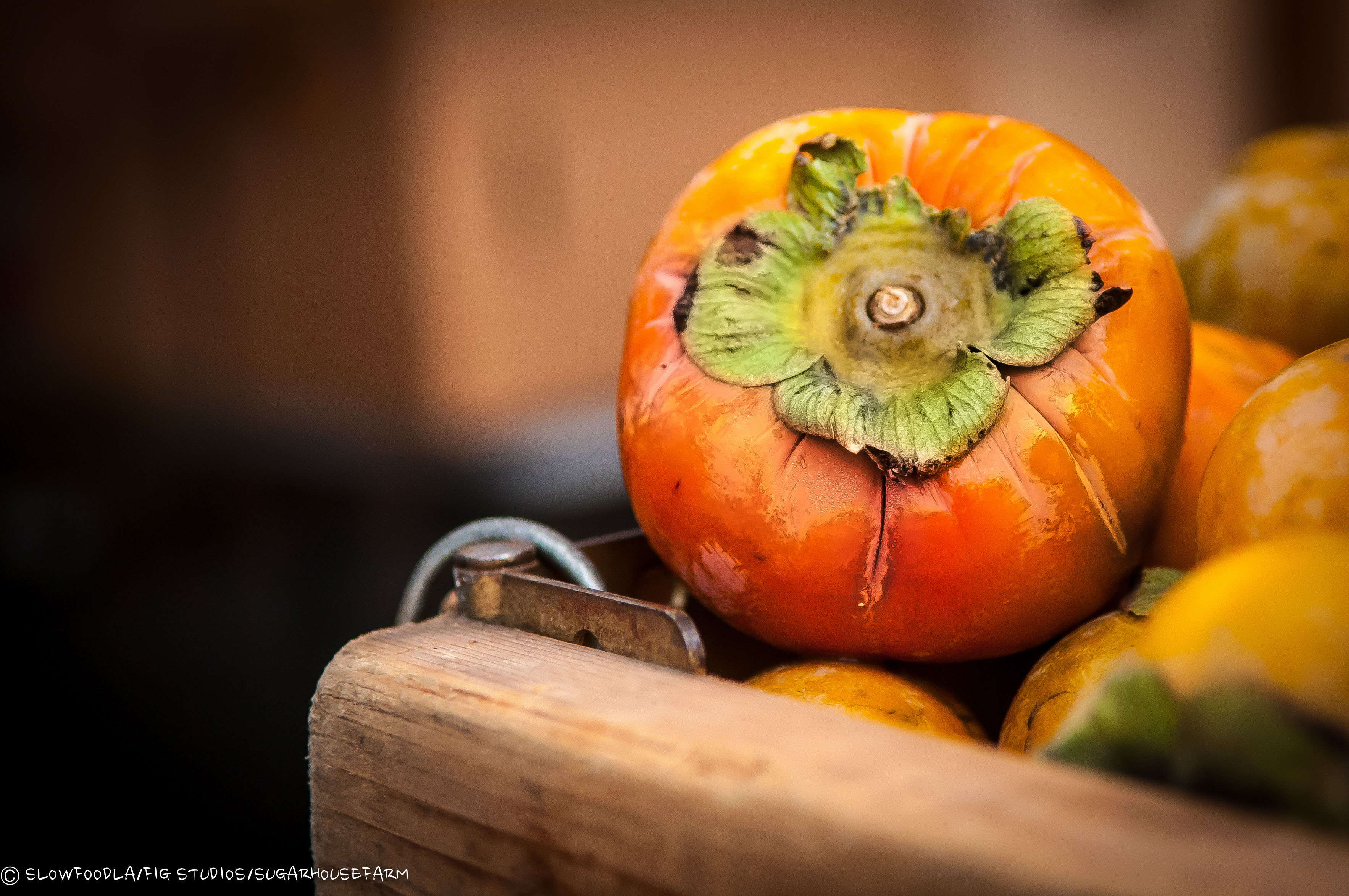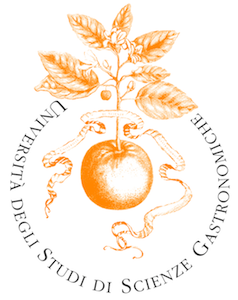

Los Angeles


Los Angeles

Slow Food Los Angeles is pleased to announce that it will welcome David Szanto, the North American representative of the University of Gastronomic Sciences, to Los Angeles for an information session at the UCLA Art|Sci Center + Lab at CNSI:
When: Friday, February 27, 2009 from 7:00pm-9:00pm
Where: California NanoSystems Institute (CNSI), UCLA Campus, Los
Angeles. Directions to the CNSI are available at artsci.ucla.edu/08sym/cnsi.html.
Cost: Free of charge. (On-campus parking is available for $9; limited
on-street metered parking is available on Westwood and LeConte.)
RSVP: If interested in attending, please email your name and telephone
number to David Szanto at d [dot]
szanto [at] unisg [dot] it.

Co-founded in 2003 by Slow Food and the Italian regions of Piedmont and Emilia-Romagna,
the University’s innovative approach is to create a new understanding of
gastronomy, linking the act of eating with the act of producing, along with all the
phases in between. Four programs at two Italian campuses follow a multidisciplinary
learning model, merging science with humanities, sensory training with communications,
classroom study with field seminars (including travel to five continents).
David Szanto will explain the Slow Food–inspired educational philosophy of the
university, present the undergraduate and graduate degrees, discuss internships and work
opportunities within the food world, and answer other questions. The session is open to
all students, professionals, and members of the public. This program will be of
particular interest to prospective students who wish to learn more about the school, its
foundation, and its programs, including:
For more information about the University of Gastronomic Sciences and its programs, visit the UNISG website.
For brief background information on the programs noted above, continue reading…
The University of Gastronomic Sciences offers four programs, each with different subject
areas, durations, and application requirements: